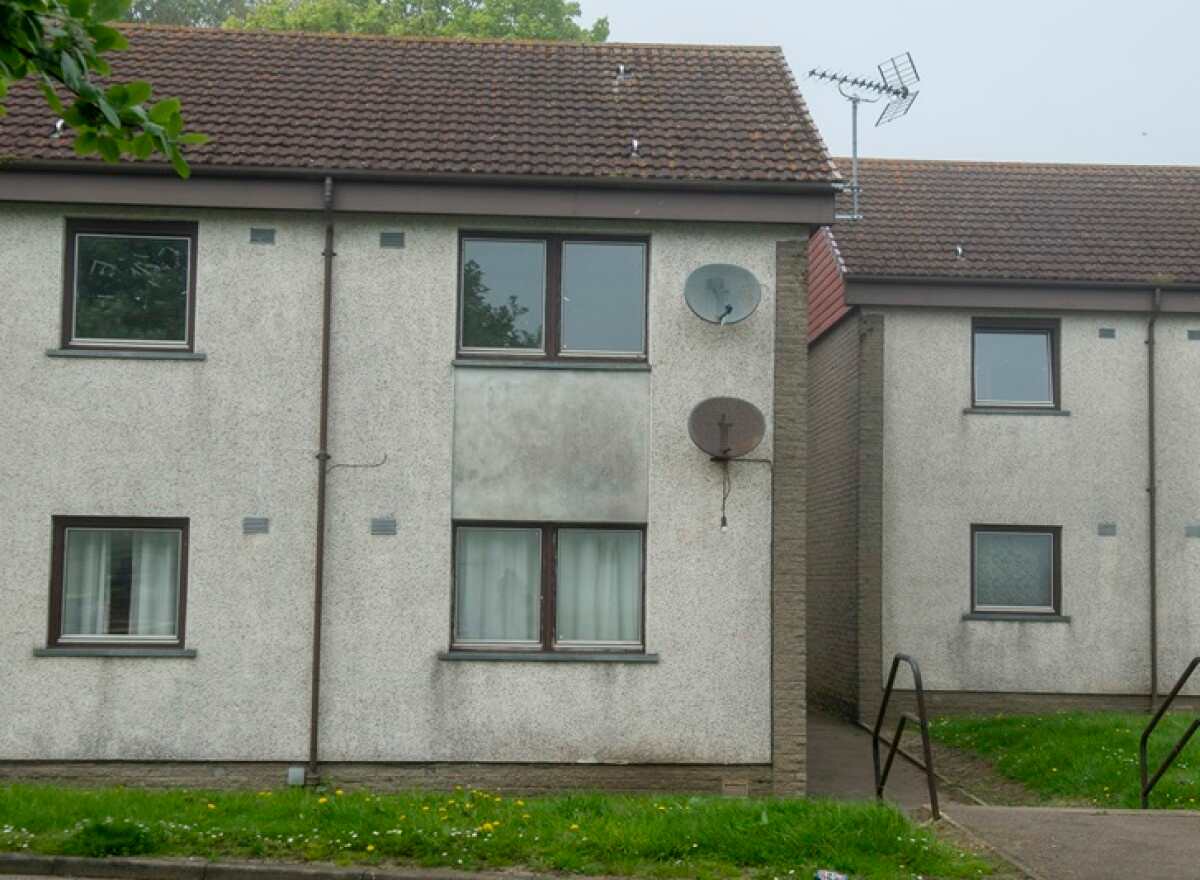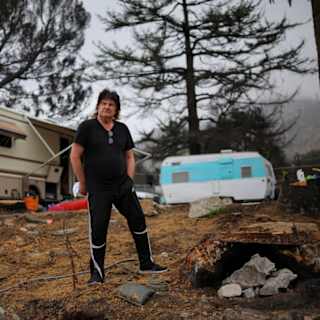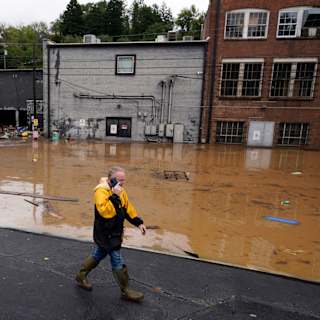- Homeowners Struggle With Ongoing Costs
- Crisis Highlights Broader RAAC Problems
Clackmannanshire Council today approved repair options for homeowners whose properties were evacuated due to unsafe concrete, with individual costs ranging from £24,846 to £44,202 per flat owner. The decision comes nearly two years after 30 families were forced from their homes when reinforced autoclaved aerated concrete (RAAC) was found in poor condition across three apartment blocks in Tillicoultry.
The council's June 26 meeting endorsed two repair approaches: replacing RAAC roofs for £24,846 to £26,083 per owner, or comprehensive roof and exterior wall work costing £41,626 to £44,202 per unit. Properties at 75-97 Chapelle Crescent face the highest individual costs due to the building's larger size.

Displaced residents continue paying mortgages on properties they cannot access while covering temporary accommodation expenses. Frances Reid, 58, told the BBC in September 2024: "I know I'm not getting back into my home. I know my home is going to be demolished, I'll never see inside my house again"1.
The financial strain has prompted residents to petition for pre-RAAC property valuations and disturbance payments2. Wilson Chowdhry, chairman of the UK RAAC Campaign Group, said the council's loan proposal represents progress after "a year and a half of delays"3.
Council documents indicate evacuated tenants will be offered permanent housing, while a formal voting process under Scotland's Tenement Management Scheme may determine repair decisions for mixed-ownership buildings4.
The Clackmannanshire situation emerged from systematic surveys following national RAAC concerns in schools. Initial assessments of 445 potentially affected homes found RAAC in 102 properties, with most in manageable condition1. However, water damage caused deterioration requiring immediate evacuation of the three Tillicoultry blocks2.
Housing prices in Clackmannanshire averaged £166,000 in April 2025, up 3.5% annually, though RAAC-affected properties face valuation challenges3. The crisis has prompted calls for a public inquiry and national support fund, with estimates suggesting up to 1,200 private homes across Scotland could be affected4.
The council plans to bring forward £1 million from next year's capital budget to fund repairs, with final costs reviewed during January 2026 budget approval5. For homeowners like Reid, the timeline offers little comfort after months of uncertainty about their financial and housing future.



